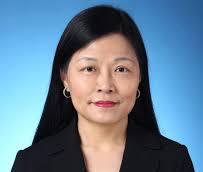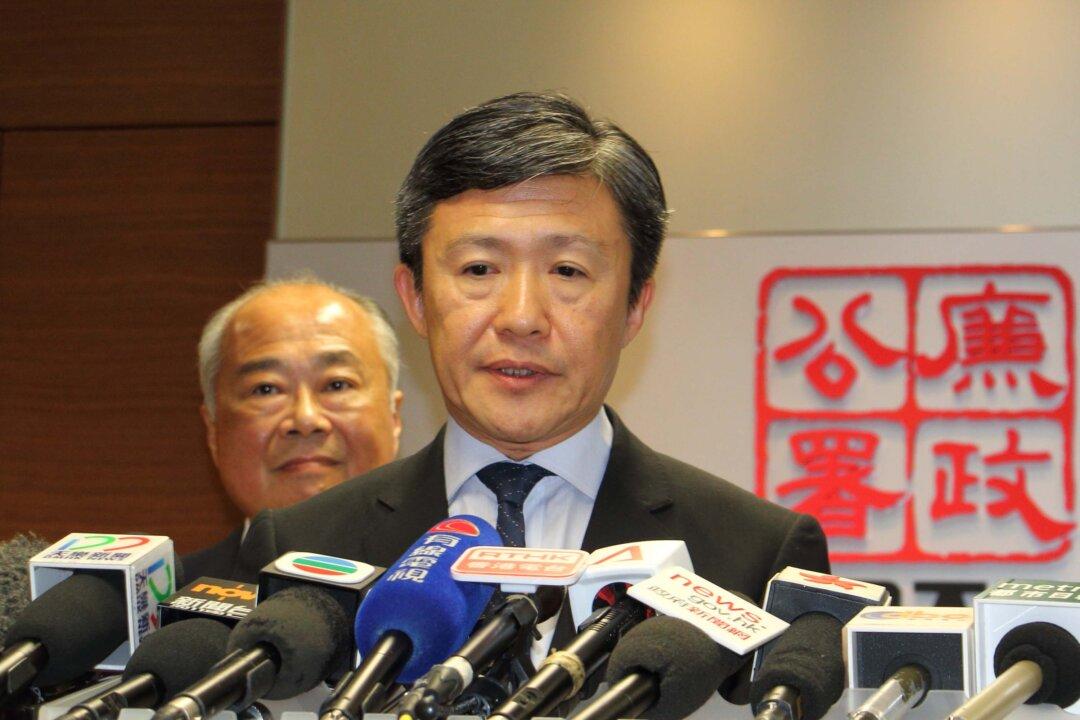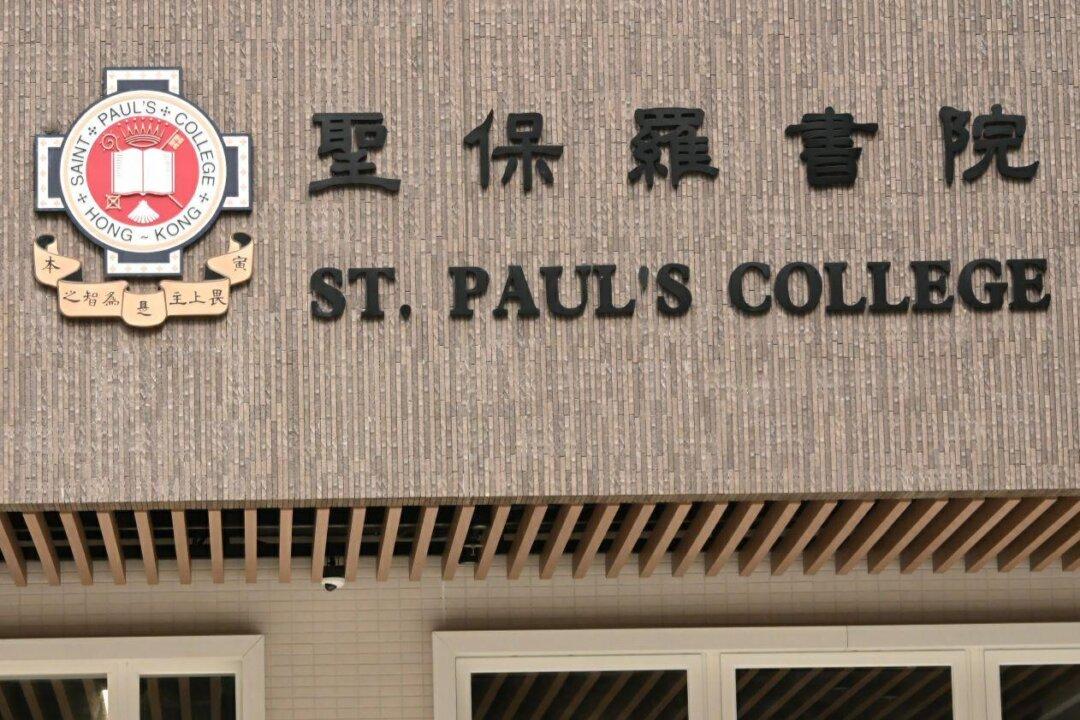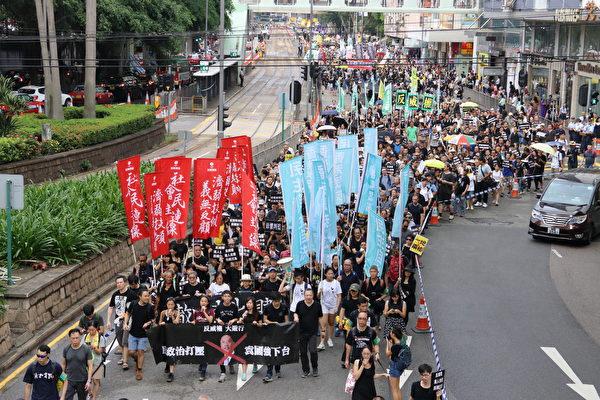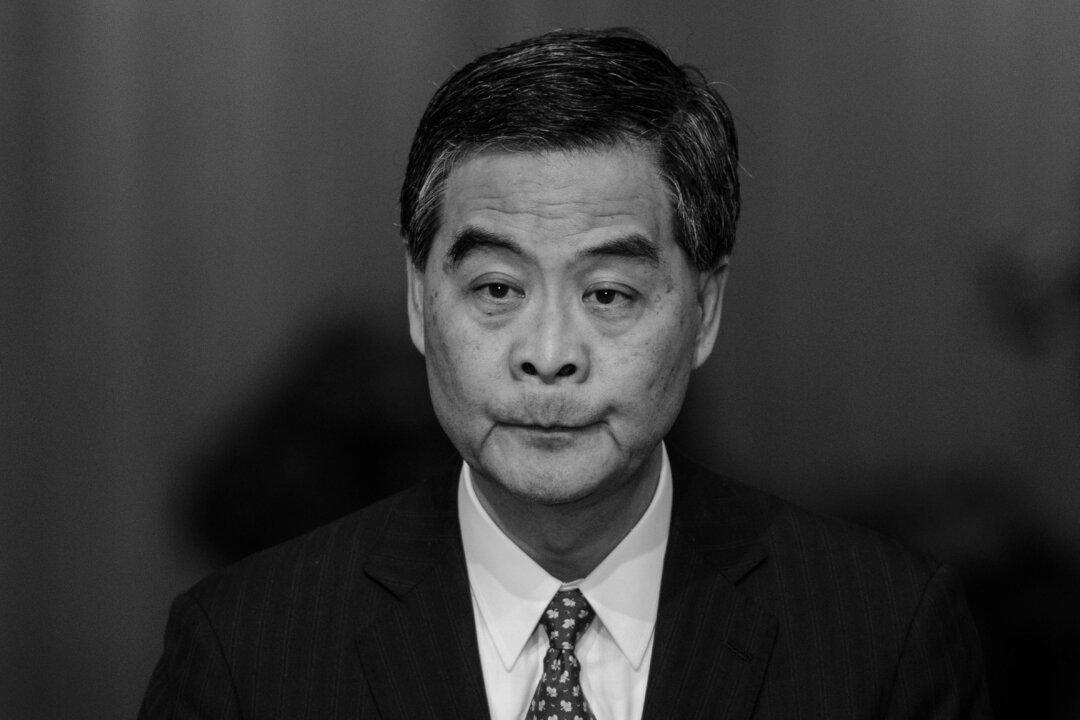The Independent Commission Against Corruption (ICAC), Hong Kong’s anti-corruption watchdog, has recently become embroiled in a furore over the controversial resignation of two senior staff. Commentators believe that this incident would wipe out Hong Kong people’s already plummeting confidence in the “one country, two systems”.
Rebecca Li Bo-lan, a widely respected figure who was appointed about a year ago as the acting head of the Operations Department, resigned shortly after she was removed from the post in early July, 2016. Li’s departure was followed by the resignation of Principal Investigator Dale Ko, Li’s close aide and a rising star in the ICAC.
It was reported that the incident had angered many ICAC staff and led to a mass boycott of the department’s annual dinner scheduled on July 15, which happened to be Li’s last working day. The dinner was said to have been postponed.
